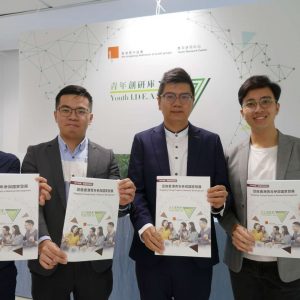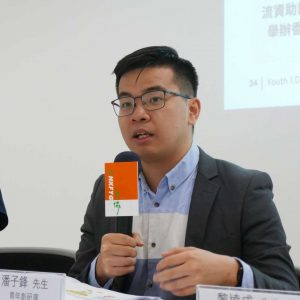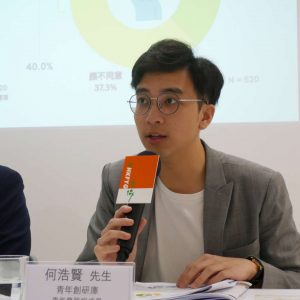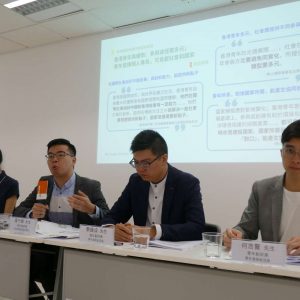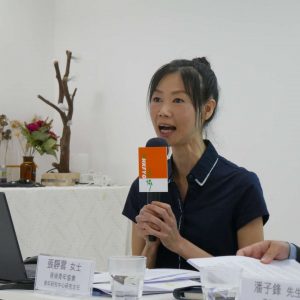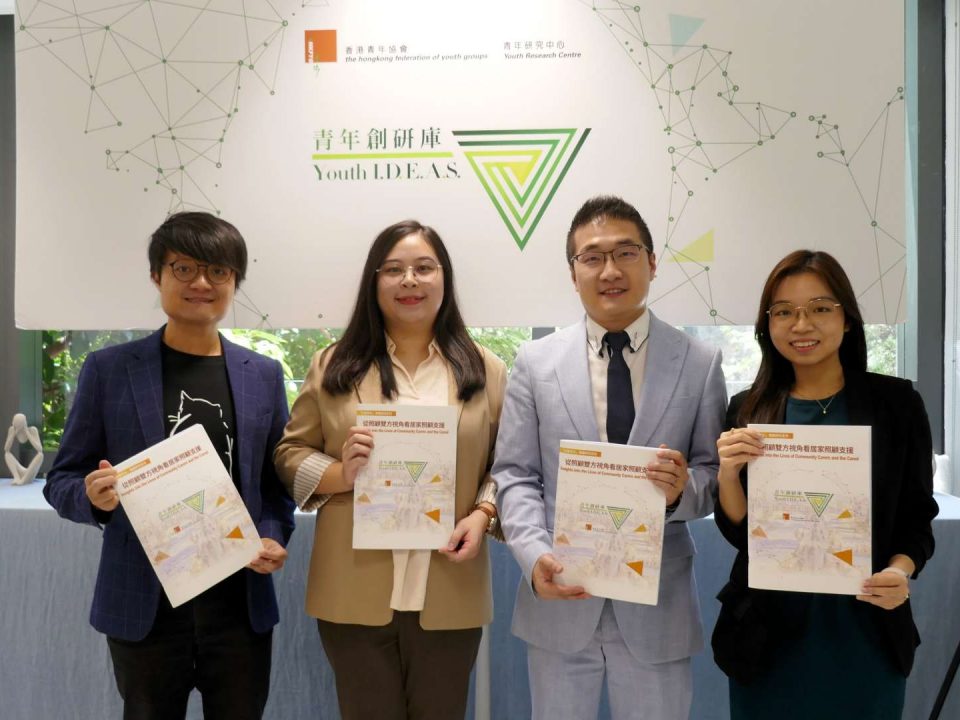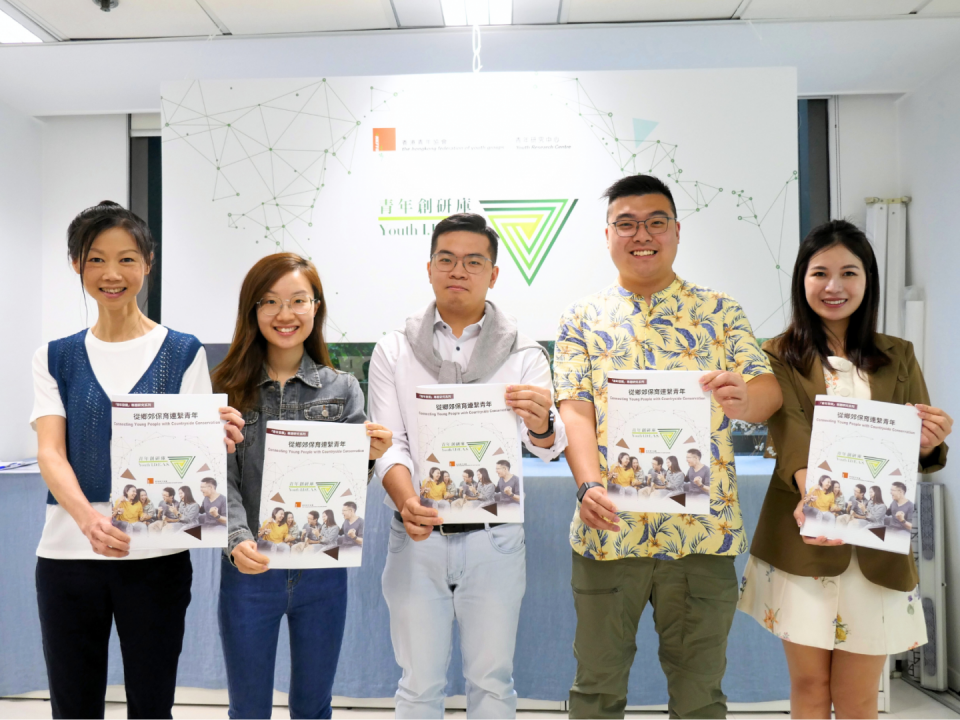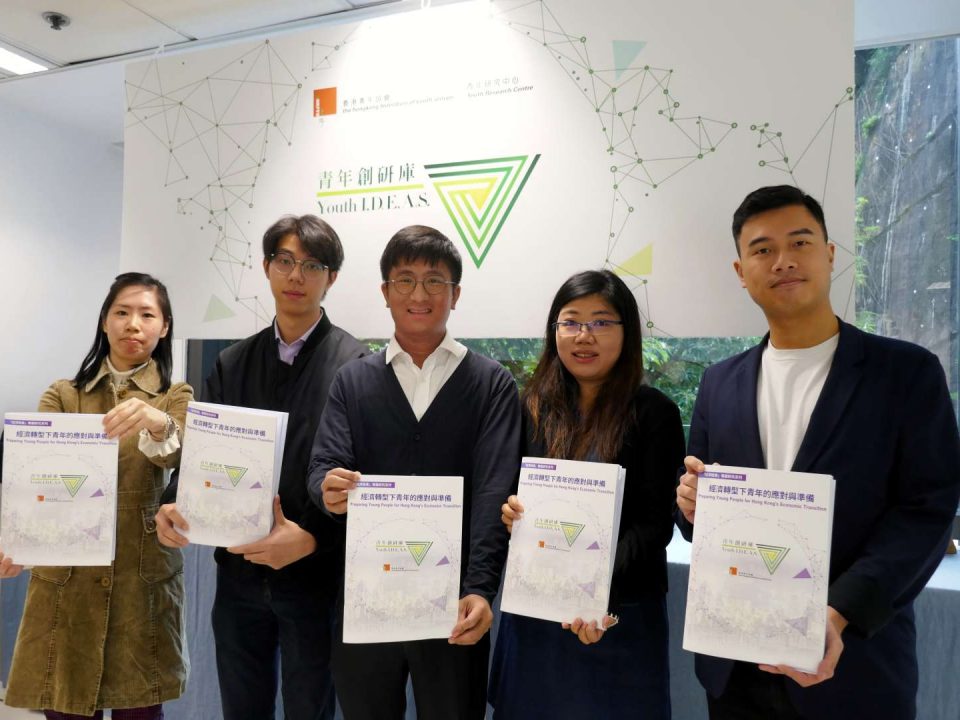Engaging Young People in National Development
Youth I.D.E.A.S. 77
Youth Development —— Engaging Young People in National Development
Since reform and opening up, our country has made great strides in many fields of industry. It does, however, also face considerable challenges. As a part of the country, Hong Kong has benefitted from the country’s development while also playing its part in the process. Under the “One Country, Two Systems” principle, Hong Kong has become closer aligned with the country ’s development. The Central Government, in different important documents, has clearly positioned Hong Kong’s future development, including its integration into the overall development of the country.
This year marks the 75th anniversary of the founding of the People’s Republic of China. As a nation will prosper only when its young people thrive, Hong Kong’s young generation have important responsibilities in the country’s development. It is timely and important to understand how they perceive their relationship to the country’s development, their willingness to participate in the process, and their thoughts on the current measures that facilitate youth participation. This topic deserves the attention of all those who care about youth development, Hong Kong’s future, and the prospects of the country.
Against this background, this research examines what young people think about national development and the values or attitudes that they hold. It also identifies key factors that influence and help encourage the youth’s participation in it, with the aim of providing feasible recommendations that could engage youth in national development.
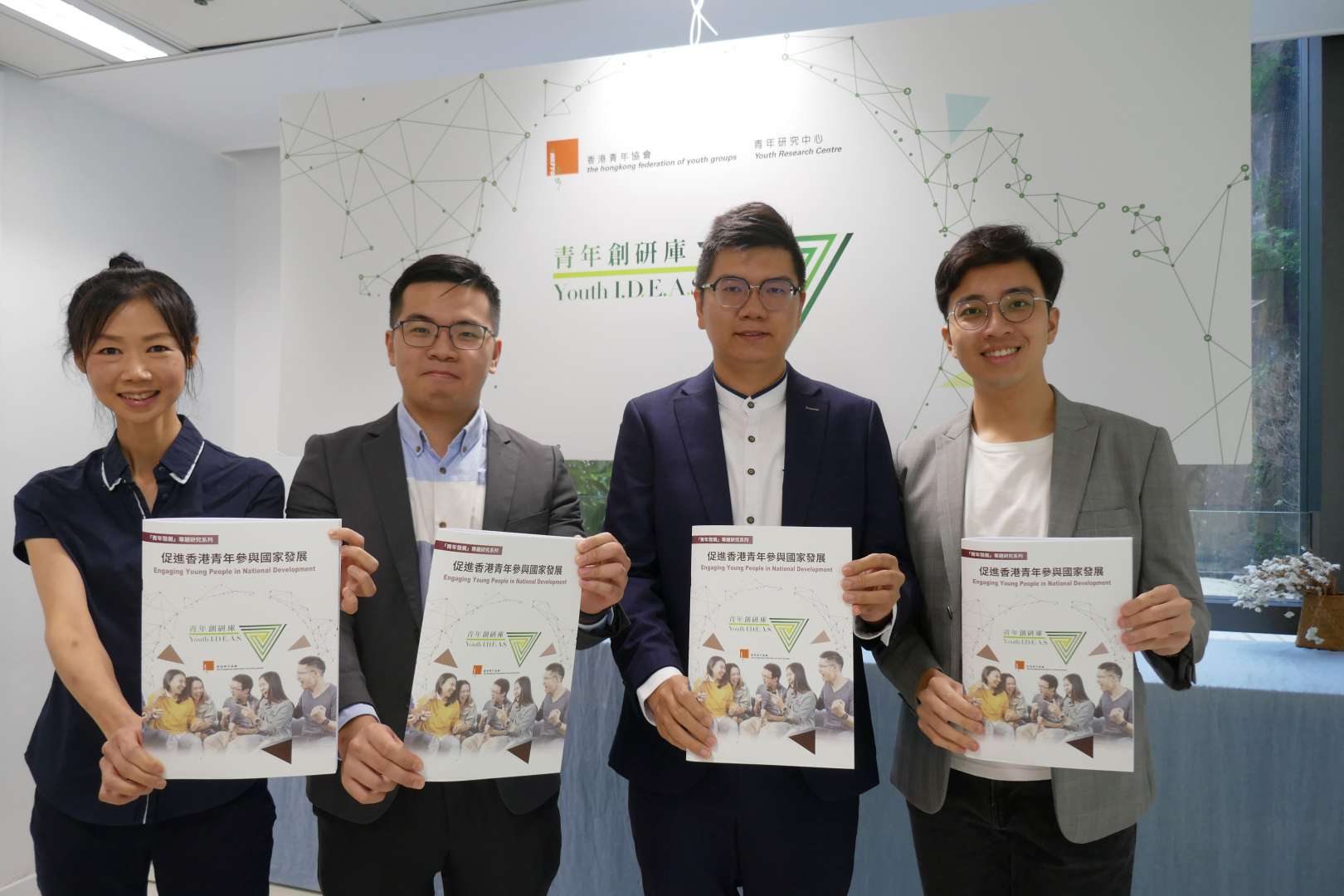
Publication
Click to Read More
Research Background
Since reform and opening up, our country has made great strides in many fields of industry. It does, however, also face considerable challenges. As a part of the country, Hong Kong has benefitted from the country's development while also playing its part in the process. Under the “One Country, Two Systems” principle, Hong Kong has become closer aligned with the country ’s development. The Central Government, in different important documents, has clearly positioned Hong Kong’s future development, including its integration into the overall development of the country.
The country continues to advance, and Hong Kong society needs to progress as well. It is believed that the active participation of Hong Kong's younger generation would be of significant benefit to the country, the territory, and to individuals. Given the difference in social environments and experiences of different generations, young people will have different attitudes and considerations towards participating in national development.
In his speech delivered in Hong Kong when the current SAR Government was established, President Xi mentioned the need to guide young people to be keenly aware of the trends in both China and the world. He also hoped that all of Hong Kong’s young people could devote themselves to building. Hong Kong into a better home[1]. The Youth Development Blueprint, launched by the current SAR Government, examined the challenges of young people. These included knowing more about the history of our country to strengthen their sense of national awareness, and the desire to have their voices heard and respected.
This year marks the 75th anniversary of the founding of the People's Republic of China. As a nation will prosper only when its young people thrive, Hong Kong’s young generation have important responsibilities in the country's development. It is timely and important to understand how they perceive their relationship to the country's development, their willingness to participate in the process, and their thoughts on the current measures that facilitate youth participation. This topic deserves the attention of all those who care about youth development, Hong Kong's future, and the prospects of the country.
Against this background, this research examines what young people think about national development and the values or attitudes that they hold. It also identifies key factors that influence and help encourage the youth’s participation in it, with the aim of providing feasible recommendations that could engage youth in national development.
[1] 國務院港澳事務辦公室。2022。網頁。「習近平在慶祝香港回歸祖國25周年大會暨香港特別行政區第六屆政府就職典禮上的講話(全文)」。2022-07-01。
Research Method
This study uses data collected between March to April 2024 through: an onsite survey of 520 young people (aged 15 to 34); parallel-case interviews with 18 individuals; and one-to-one interviews with 5 academics and experts.
Main Discussion
- Hong Kong has always had its footprint, in different forms, in national development. With the Central Government ’s implementation of the “One Country, Two Systems” principle in the territory, Hong Kong has become closer aligned with the country ’s development. The growth of the current younger generation comes at the time of great progress in the country’s development in many different areas of achievement. This study showed that 69% of the youth polled said that the country ’s development is linked to them.
- 38% of respondents expressed a desire to be involved in the country's progress. Most of them believed that participation had meaning for them. The most commonly mentioned aspects being broadening their horizons, enhancing their skill sets, and contributing to nation building
- The respondents highlighted some of the advantages that Hong Kong youth generally have focused on when it comes to taking part in the country’s development. While most referred to having an international perspective, other advantages included flexibility in handling matters, and proficiency in bi-literacy and trilingualism. More than 45% said they wanted to learn more about national development.
- More than 40% of respondents considered themselves as “bystanders” in the process of the nation’s development, with only slightly more than 10% perceived themselves as “participants”. More than one quarter said the biggest obstacle for their participation is having no clear idea about how they could participate. Some young people in the parallel-case interviews said that the concept of national development is very abstract, leaving them, as ordinary youth, with difficulties as to how they could get involved.
- 20% to 25% of respondents said they would like to contribute to improvements for the country in Technology and Innovation, Arts and Culture, Economy and Finance, and Talent Cultivation sectors if they were given the opportunity to do so. Some case-interviewees said that they had good experiences from participating in national development
- 23% of respondents indicated that they had participated, or are currently participating, in the country's development; most stated that their main involvement being through exchange programmes, study tours, or performances. Some experts said that there is a need to improve the quality of these programmes to deepen and enrich the outcomes of participation.



